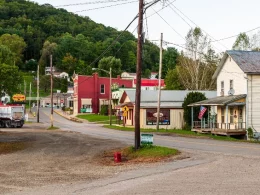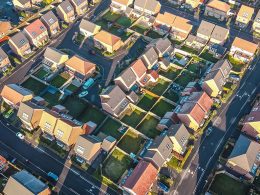As the COVID-19 pandemic continues to affect nearly every aspect of American life, the housing market has emerged as a particularly important area of concern. From the dramatic shift to remote work and the resulting migration patterns to the economic downturn and ongoing financial insecurity, the pandemic has had far-reaching effects on the US housing market.
One of the most notable impacts of the pandemic on the housing market has been the rise of remote work, which has led to a surge in demand for suburban and rural housing. As many Americans continue to work from home, the need for larger homes with dedicated workspaces and outdoor areas has increased. In addition, the pandemic has spurred many city dwellers to seek out more spacious and affordable housing options in less densely populated areas, leading to increased demand for homes in suburban and rural areas.
At the same time, the pandemic has also created significant economic challenges for many Americans, leading to an increase in housing insecurity and the risk of eviction or foreclosure. As millions of Americans lost their jobs or saw their incomes reduced, many were unable to keep up with their mortgage or rent payments, leading to a surge in eviction filings and foreclosure proceedings. To address this issue, the federal government and many states implemented eviction moratoriums and other measures to help keep people in their homes.
Overall, the pandemic has led to significant changes in the US housing market, with remote work and economic insecurity driving much of the activity. While demand for suburban and rural homes has surged, the need for affordable housing and support for those facing eviction or foreclosure remains a critical issue. As the pandemic continues to evolve, the housing market is likely to remain a key area of concern for policymakers and individuals alike.












